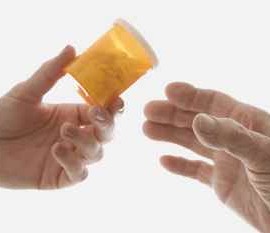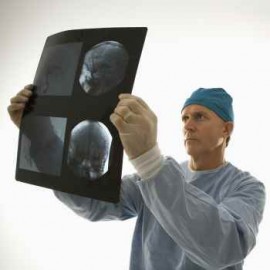A book about MS by a lady with MS and a good sense of humour. This is a book that can be heartily commended.
As someone with MS, I can relate to much of what she writes about and, as always, it makes me feel comforted knowing others feel as I do.


Alison Peebles has been diagnosed with MS but, as a busy actress/director she has chosen to conceal this fact from family and friends.
She has MS, but hasn’t told anyone, not even her mother. Alison has kept her condition secret as she fears a backlash! She may not get any work, her friends may desert her.

Taggart star Alison Peebles is fighting her MS with the help of spine manipulation treatment from her physiotherapist friend Chongsu Lee
The technique involves manipulation of the spine and surrounding soft tissue to release tension from the body, allowing better movements of the neck, shoulders and back. As tension around the spine gradually eases off, blood and lymph circulation and the nerve function improve.

Epitol, Novartis and Tegretol are all brand names for Carbamazepine a pain reliever and an anticonvulsant agent used in treating such disorders as Trigeminal Neuralgia in Multiple Sclerosis, Epilepsy and Mania Disorders.
Carbamazepine is not an ordinary pain killer and should always be taken under direction from your physician. It is likely that the doctor will monitor your condition while under treatment to ensure no adverse reaction to the drug.

An Alzheimer’s Disease drug, Aricept, may improve memory in patients with Multiple Sclerosis brain fog. Help MS patients to meet the cognitive challenges of their daily lives.
In a Neurology editorial, P. Murali Doraiswamy, MD, of Duke University Medical Center and Stephen Rao, PhD, of the Medical College of Wisconsin, agree. Praising Krupp’s study as “a major advance,”

Novantrone belongs to the general group of medicines called antineoplastics. Prior to its approval for use in MS, it was used only to treat certain cancers.
Based on findings from these studies, the FDA approved Novantrone in October, 2000 for reducing neurologic disability and/or the frequency of clinical relapses (attacks)
By continuing to use the site, you agree to the use of cookies. more information
The cookie settings on this website are set to "allow cookies" to give you the best browsing experience possible. If you continue to use this website without changing your cookie settings or you click "Accept" below then you are consenting to this.